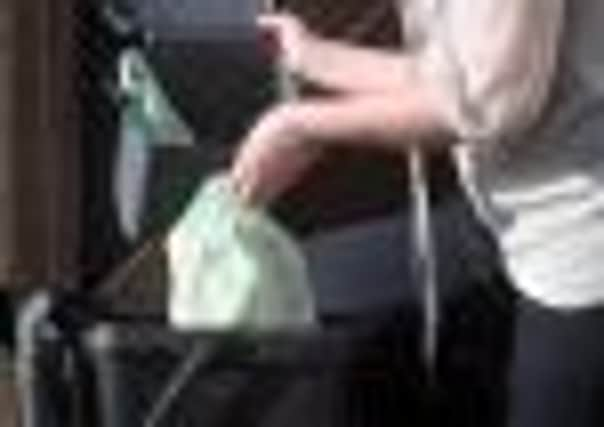Analysis: ‘Grow your own’ is the way ahead


It is therefore welcome to see Sepa and others collaborating on research. There has been very little to date but the consensus seems to be that bioaerosols from composting activities decline rapidly within 100 metres. So what we really need is better information and guidance to protect those who work at these facilities.
Meantime, we should consider what has prompted the growth of large-scale composting. These facilities are “end of pipe” solutions. The less garden waste we send to landfill the less methane and other damaging greenhouse gases we emit.
Advertisement
Hide AdAdvertisement
Hide AdWe should therefore also be tackling the issue at source by making it easy for us to reuse garden waste in our gardens and allotments. Tapping into the booming ‘Grow Your Own’ market could be key. Local government and developers need to stop dragging their heels and make more land available for the growing numbers of people who want to Dig for Victory.
Scotland has worthy ambitions to be a “zero waste” society. Not only will this help reduce our emissions, but we will also save ourselves money. Food waste for example costs the average household £50 a month.
While bioaerosols are important let’s not lose sight of the bigger picture here. Air pollution caused by traffic in Scotland’s cities is the real problem.
• Alison Johnstone is the Green MSP for Lothian